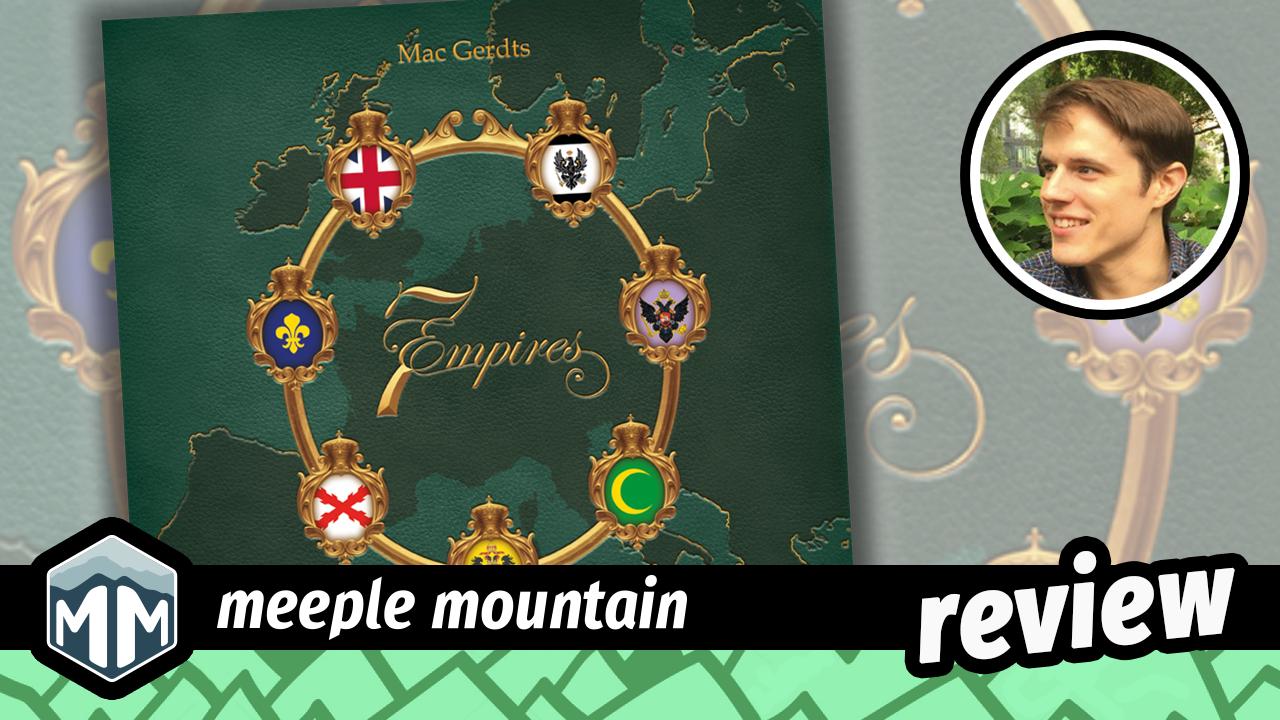
Every now and then, I come across a board game design in which the pieces on the board don’t really belong to anyone. It never fails to enchant me. I love building board presence, but there’s something about the impermanence of possession in Pax Pamir, the inability to take ownership for granted, that I find particularly rich. Develop a position all you want; it might play to my advantage. The idea that nothing on the board is yours is antithetical to several decades of board game design. Even in cooperative anti-colonial designs like Spirit Island, you have presence on the board, physical evidence that you, and you in particular, were there.
Though I am hardly an expert, Mac Gerdts’s 2006 release Imperial is the earliest design I know of that fills the board with pieces belonging to no one player. That map of Europe is packed to the gills with the buildings and armies of the Great Nations of Europe, but players aren’t playing as the nations. They are the great barons of capital, manipulating European conflict to their individual advantage. The second version, Imperial 2030, moved things into the (increasingly near) future. For 7 Empires, a new release from publisher PD Verlag, the conflict is moved back a century or two to the age of the Hapsburgs and…
The post 7 Empires Game Review appeared first on Meeple Mountain.
Source: View source




